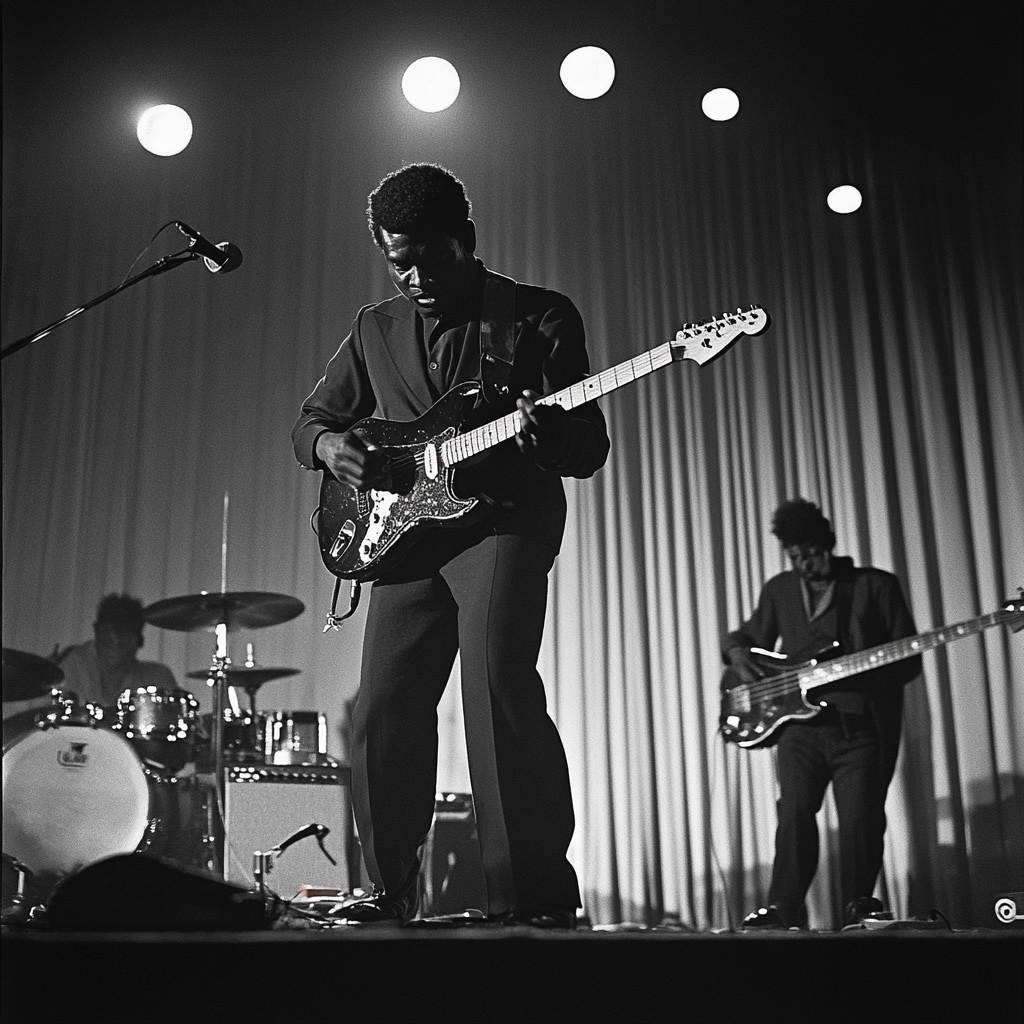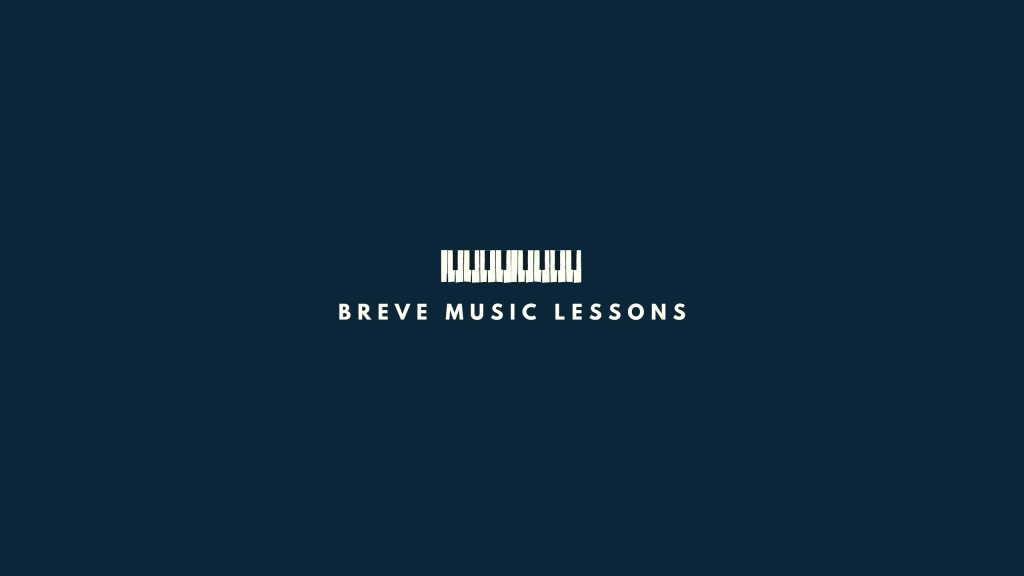Table of Contents
Best Music Theory Apps for Learning Music
In the digital age, learning music theory has become more accessible than ever, thanks to a plethora of music theory apps available on various platforms. Whether you’re a beginner wanting to learn the basics or an advanced musician looking to refine your skills, these apps offer a range of resources to enhance your understanding of music theory concepts. This article explores the best music theory apps, their features, and how they can support your learning journey.

What are the Best Music Theory Apps Available?
Overview of Popular Music Theory Apps
When it comes to music theory apps, several options stand out for their comprehensive features and user-friendly interfaces. Apps like Music Theory Pro and MDecks Music have gained popularity among musicians for their extensive coverage of music theory lessons. These apps offer tutorials that cover everything from the basics of notes and scales to more advanced concepts like chord progressions and harmony. For iOS users, the Music Theory Pro app provides an intuitive platform for learning music theory, while Android users can benefit from apps like ABRSM, which also offers a wealth of resources for learners.
Features to Look for in a Music Theory App
When selecting a music theory app, it’s essential to consider the features that will best support your learning style. Look for apps that offer interactive exercises, feedback mechanisms, and a variety of theory lessons that cater to different skill levels. A good app should also provide a clear explanation of music theory concepts, such as the circle of fifths, intervals, and modes. Additionally, features like ear training exercises and MIDI support can significantly enhance your practice sessions, making the learning process more engaging and effective.
Comparing iOS and Android Music Theory Apps
While both iOS and Android platforms offer a range of music theory apps, there are some differences in the user experience. iOS apps often have a more polished interface and may offer exclusive features that are not available on Android. However, Android apps can be more customizable and may offer a wider variety of free options. Regardless of the platform, the key is to find an app that aligns with your learning preferences and provides the resources you need to advance your music theory knowledge.
How Can a Music Theory App Enhance Your Learning Music Experience?
Benefits of Using a Music Theory App for Musicians
Using a music theory app can significantly enhance your learning music experience by providing a structured approach to understanding complex concepts. These apps allow you to learn at your own pace, making it easier to grasp fundamental ideas such as scales, chords, and musical intervals. Furthermore, many apps offer gamified learning experiences that keep you engaged and motivated. By incorporating these tools into your practice routine, you can unlock your potential as a musician and deepen your understanding of music theory.
How Music Theory Apps Help with Practice and Exercises
Music theory apps are designed to facilitate practice through interactive exercises that reinforce learning. For instance, you can practice identifying notes on a keyboard or guitar fretboard, which helps solidify your understanding of musical notation. Many apps also include quizzes and challenges that test your knowledge of music theory concepts, providing immediate feedback to help you improve. This hands-on approach to learning makes it easier to apply theoretical knowledge to practical situations, whether you’re playing the piano or guitar.
Integrating Music Theory Apps into Your Daily Routine
To maximize the benefits of a music theory app, it’s essential to integrate it into your daily routine. Set aside dedicated time each day to explore different music theory lessons and complete exercises. Whether you’re using an iPad or a smartphone, having a music theory app readily accessible allows you to practice whenever you have a few spare moments. This consistent engagement will help reinforce your learning and ensure that you make steady progress in your understanding of music theory.
What Makes a Music Theory App Comprehensive?
Key Features of a Comprehensive Music Theory App
A comprehensive music theory app should cover a wide range of topics, from the basics of music notation to advanced concepts like harmony and chord progressions. Look for apps that offer a structured course format, allowing you to progress through different levels of difficulty. Additionally, features such as a forum for discussion, external resources for deeper learning, and interactive tutorials can enhance the overall experience. The best apps will also provide a variety of learning styles, catering to visual, auditory, and kinesthetic learners alike.
Understanding Chords, Scales, and Harmony through Apps
One of the primary benefits of using a music theory app is the ability to understand chords, scales, and harmony in a practical context. Many apps provide visual aids, such as diagrams and interactive keyboards, to help you grasp these concepts more effectively. For example, you can explore different chord progressions and see how they relate to various scales. This hands-on approach not only makes learning more enjoyable but also helps you internalize the relationships between different musical elements.
How to Choose the Right Theory App for Your Needs
Choosing the right music theory app depends on your specific learning goals and preferences. Consider what you want to learn—whether it’s mastering the basics or advancing to more complex theory concepts. Read reviews and explore the app’s features to ensure it aligns with your learning style. Additionally, many apps offer free trials or demo versions, allowing you to test them before committing. By taking the time to find the right app, you can ensure a more effective and enjoyable learning experience.
Are There Music Theory Apps Specifically for Guitarists?
Top Music Theory Apps for Guitar Players
Guitarists looking to enhance their music theory knowledge will find several apps tailored specifically for their needs. Apps like Guitar Theory and Chord! provide resources that focus on guitar-specific concepts, such as chord shapes, scale patterns, and finger positioning. These apps often include interactive features that allow you to practice playing chords and scales directly on your instrument, making them invaluable tools for any guitarist wanting to deepen their understanding of music theory.
Learning Chords and Scales on Guitar with Apps
Learning chords and scales is crucial for any guitarist, and music theory apps can facilitate this process. Many apps offer visual representations of chords and scales, allowing you to see how they are constructed and how they relate to one another. By practicing with these apps, you can develop a better ear for music and improve your ability to play by ear. This is particularly beneficial for guitarists who want to learn how to improvise and create their own music.
Using Music Theory Apps to Improve Guitar Skills
Incorporating music theory apps into your practice routine can significantly improve your guitar skills. By regularly engaging with exercises that focus on music theory concepts, you can enhance your understanding of how different chords and scales work together. This knowledge will not only make you a more versatile player but also enable you to compose and arrange music more effectively. Whether you’re a beginner or an advanced guitarist, these apps can provide the resources you need to take your skills to the next level.
How Do Music Theory Apps Support Different Learning Styles?
Visual vs. Auditory Learning in Music Theory Apps
Music theory apps are designed to cater to various learning styles, making them accessible to a wide range of users. Visual learners benefit from diagrams, charts, and interactive elements that illustrate music theory concepts. On the other hand, auditory learners can take advantage of features that include sound samples and ear training exercises. By offering a blend of visual and auditory resources, these apps ensure that all learners can engage with the material in a way that resonates with them.
Interactive Features that Cater to Various Learning Styles
Many music theory apps incorporate interactive features that enhance the learning experience for all types of learners. For instance, apps may include quizzes that provide instant feedback, allowing users to assess their understanding of music theory concepts. Additionally, some apps offer gamified elements that make learning more enjoyable and engaging. By incorporating these interactive features, music theory apps can effectively support different learning styles and keep users motivated throughout their learning journey.
Finding the Right App Based on Your Learning Preferences
To find the right music theory app that aligns with your learning preferences, consider what aspects of music theory you want to focus on and how you learn best. Explore different apps and their features, paying attention to user reviews and ratings. Many apps offer free trials, allowing you to test their functionality before making a commitment. By taking the time to find an app that suits your learning style, you can enhance your understanding of music theory and make significant strides in your musical journey.
Additional Reading
More blog posts can be found here. Consider following Breve Music Lessons on Facebook.






